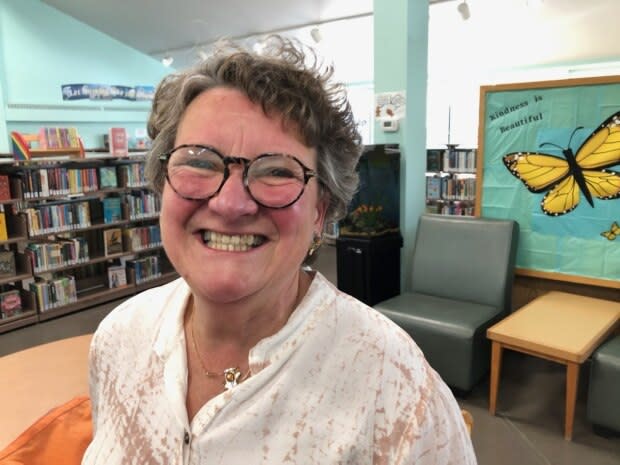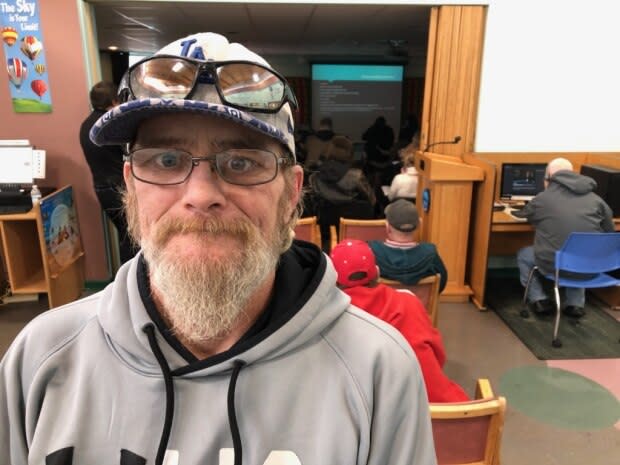CBU prof says new approach needed to break addiction, incarceration cycle
A Cape Breton University sociologist says criminalizing drug use isn't working and a new approach is needed, one that includes more supportive communities.
On Friday, Margaret Dechman presented her findings at the annual general meeting of the Ally Centre of Cape Breton, a Sydney harm-reduction centre.
In partnership with CBU, the Ally Centre and the Cape Breton Correctional Facility, researchers interviewed 107 men who are or had previously been incarcerated.
"We really wanted to look at what are the impacts of criminalizing substance use, and really talk to people about the experiences of their life and what could have helped," said Dechman.
Several of the people who turned out for the meeting had their own stories to share.

Troy Matheson said he spent the last several years on the streets of north-end Halifax and did time in the Burnside jail.
"It's heartbreaking, cause once you get out, you're given a bus ticket for a city bus to get back and nothing else," he said.
That led Matheson back to homeless shelters and into the cycle of addiction.
"Unfortunately, that's the lifestyle in shelters," he said.
Poverty, employment and finding secure housing were some of the challenges cited at the meeting.

For John MacEachern, who used drugs from an early age and lived on the street by the age of 10, incarceration became a safe haven.
"You're up against it on the outside," he said. "You don't have the coping skills to cope while you're on the outside, so you return to what you know, right."
He said reducing the stigma of addiction would go long a way toward helping people in his position.
How to make communities more supportive
Dechman agreed. She said having safe and supportive communities would be both preventive and a cure.
"Once you provide safety and security for people, they can make a choice," said Dechman. "And without that, they really can't because they're just so consumed with dealing with that stress every day."
She said everyone in society has a role to play in making communities more supportive.
"When you're walking down the street, smile at somebody, speak to them, make them feel like they're a human being," said Dechman.
MORE TOP STORIES


